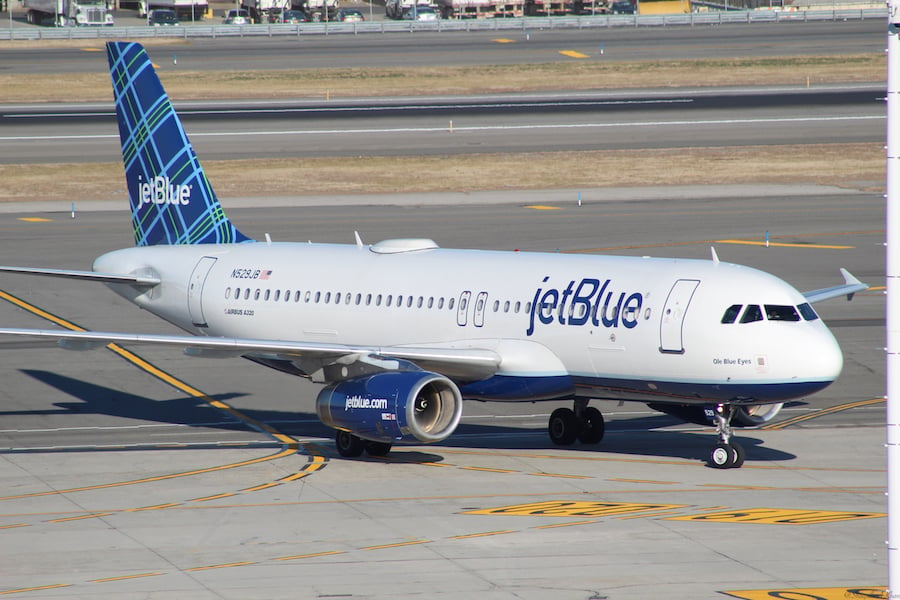Iata warns ‘there will be no airlines’ without SAF investment aid
Aviation faces $750 billion hike in fuel bill without policy support

Airlines face such a hike in fuel costs to pay for sustainable aviation fuel (SAF) production that it could drive them out of business.
That is according to Iata chief economist and senior vice president for sustainability Marie Owens Thomsen, who warned “there will be no airlines” without “strong policy” to encourage rapid and wholesale investment in SAF.
Speaking at the Airlines 24 conference in London last week, Owens Thomsen said: “SAF today costs around three times the price of jet fuel. We’ll pay $1 billion extra in 2025 and the costs [of SAF] will go up to $750 billion in 2050. That is not possible.”
Iata estimates global airline profits this year will total $30.5 billion, she said, adding: “Fares have not kept pace with consumer price inflation and have struggled even more to keep pace with jet fuel inflation.
“So, we need strong policy to encourage investment [in SAF] or there will be no airlines.”
Owens Thomsen noted only 500,000 tonnes of SAF were produced worldwide last year and one million would be produced this year, saying this was “not even 1%” of the global demand for jet fuel, and said: “It’s a nascent market and needs a lot of help.
“It needs to grow up really fast. We need to increase production by a factor of one thousand.”
She suggested 70 refineries would be needed to produce SAF for aviation by 2030, rising to 650 by 2040 and between 4,000 and 8,000-plus by 2050.
Iata calculates the capital expenditure required for SAF production as comparable to that for global wind and solar energy production at between $2 trillion and $3 trillion, with the price of feedstocks on top.
Owens Thomsen hailed the UK government’s proposed revenue certainty mechanism for SAF producers in the UK but said: “The atmosphere doesn’t care where emissions are cut. It makes no difference.
“Are we going to ship SAF over large distances? We need to work for a global SAF market, and that needs a SAF registry which we’ll try to bring forward with the International Civil Aviation Organisation [ICAO] next year.”

 FrankLin
FrankLin 






























